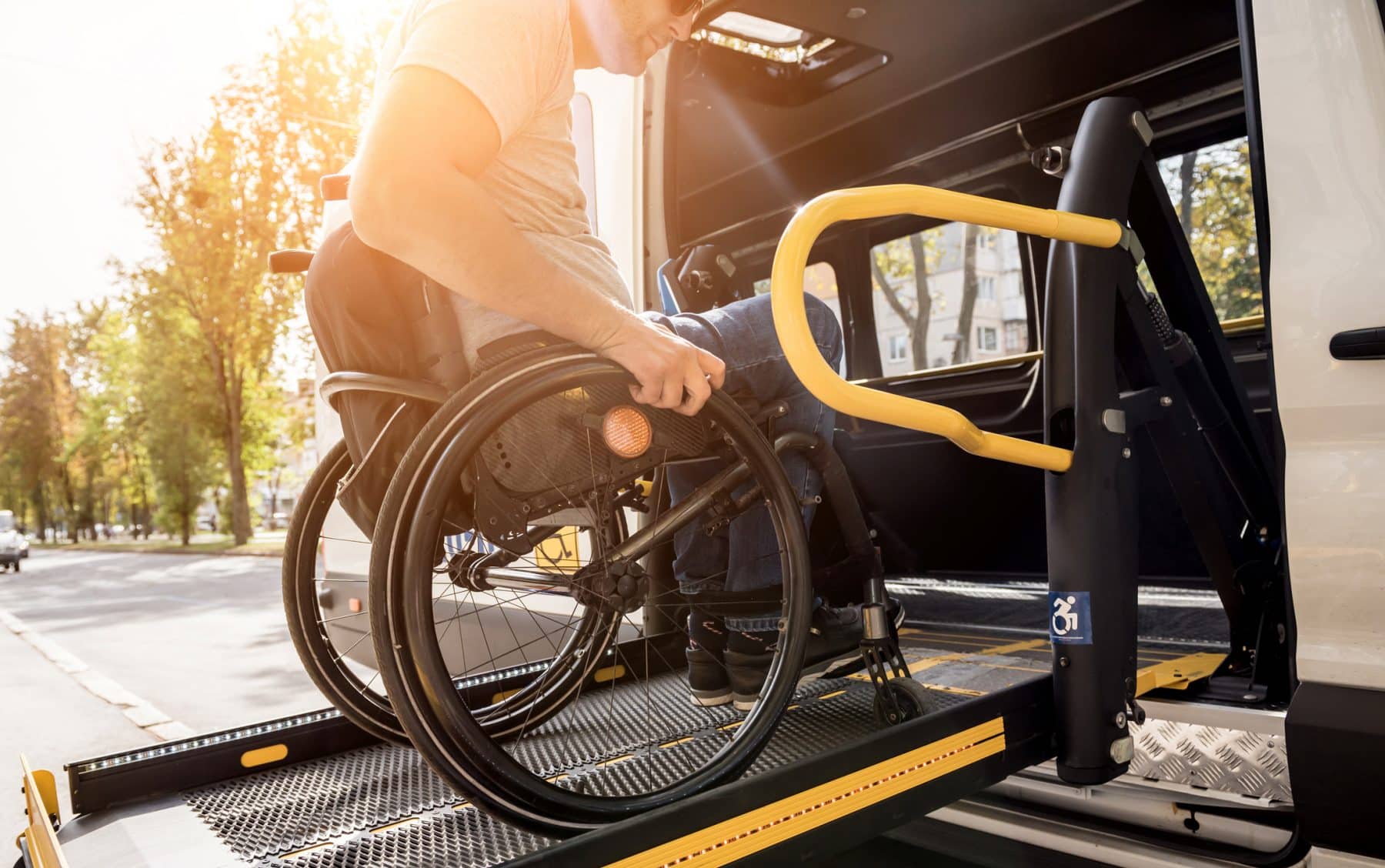
If you find yourself unable to work because of a disability, it can be hard to know how you’ll support yourself or your family. Almost everyone knows that disabilities that are caused in the workplace are covered by Social Security Disability Insurance (SSDI), but few people are sure if the SSDI program covers disabled people who have never worked.
When you’re suffering a disabling injury or condition that has left you unable to support yourself, it’s important that you’re aware of your options for disability payments and if you’ll be covered by SSDI. Read more to learn if you’re eligible for disability payments if you’ve never worked and how legal guidance can help you receive your disability benefits.
SSDI Is Based on Employment
 Unfortunately, if you’ve never worked, you will not be eligible to receive SSDI payments. The SSDI program is meant for people who are injured during their work, and the number of payments a person receives is directly related to their work and income history.
Unfortunately, if you’ve never worked, you will not be eligible to receive SSDI payments. The SSDI program is meant for people who are injured during their work, and the number of payments a person receives is directly related to their work and income history.
When a person works, they earn quarters of coverage. Once they have earned 20 quarters or more in the past ten years, they are eligible to receive SSDI coverage if they are injured on the job and can no longer work. Without a work history, a person cannot earn coverage quarters and will not be able to receive SSDI payments.
SSI Is an Alternative Disability Benefit
If you’ve never worked, you can still receive disability benefits in the form of Supplemental Security Income (SSI). Instead of being based on your work history like SSDI, SSI is based on your level of need. Generally, the extremely impoverished and disabled persons who have never worked can receive SSI.
SSI has the same medical requirements as SSDI, but this is the only similarity. Here are the other eligibility requirements for receiving SSI:
- Aged over 65 or disabled under SSA standards
- Have limited income and resources
- Be a U.S. citizen and resident
- Not leave the country for more than 30 consecutive days
- Not be a resident of a government institution, such as a hospital or prison
Before you can be approved for SSI, the Social Security Administration (SSA) will examine your resources, which are your income and assets. A single person filing for SSI must have $2,000 or less in resources to be eligible. The resource threshold for couples is $3,000. Your home and your highest value vehicle are exempt from this resource calculation.
Survivor’s Benefits
 While not a direct alternative to receiving SSDI, you may be able to receive Social Security survivor’s benefits if your departed spouse or parent paid into the Social Security system throughout their career. Even if you and your spouse divorced before they died, you still might be able to earn survivor’s benefits if you fit the requirements.
While not a direct alternative to receiving SSDI, you may be able to receive Social Security survivor’s benefits if your departed spouse or parent paid into the Social Security system throughout their career. Even if you and your spouse divorced before they died, you still might be able to earn survivor’s benefits if you fit the requirements.
You may be eligible to receive survivor’s benefits if:
- Your departed spouse or parents received SSDI payments.
- You are disabled, between the age of 50- and 60-years-old and your disability occurred within seven years of your loved one’s death.
- You are over the age of 60.
Applying for survivor’s benefits is a much different process than applying for SSDI or SSI, so it’s a good idea to consult an attorney before you begin the application process.
Get Advice from an Attorney
If you’re disabled and can’t work, then receiving disability benefits is one of the best ways to support yourself. To get help with the process of applying and being approved for disability benefits, you need to work with the attorneys at The Law Offices of Dr. Bill LaTour.
We’ve been helping disabled individuals in the Greater Los Angeles area, the Inland Empire, and Orange County receive the disability benefits they need for years. Call Dr. Bill LaTour and his team today at 800-803-5090 or fill out our online form to schedule a free consultation.








